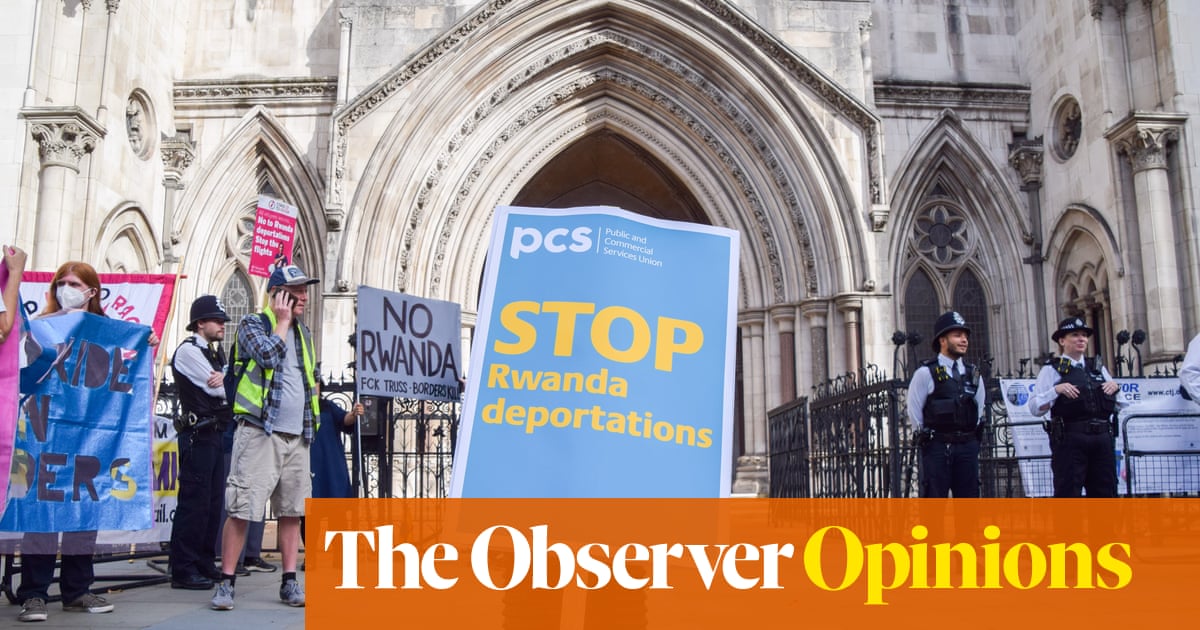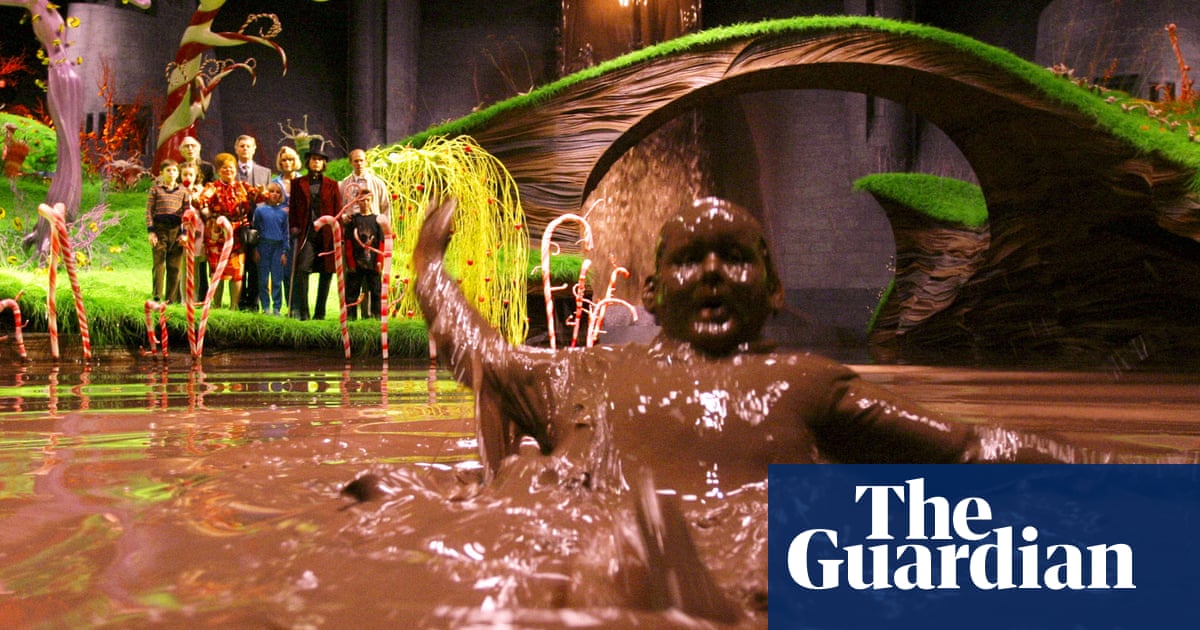
In Syria, Iranian-backed Hezbollah and other militias have played a key role in securing President Bashar Assad’s military advantage over opposition groups.
In Yemen, Tehran stands accused of increasing arms shipments and the transfer of ballistic missile technology to Houthi militias.
BEIRUT/LONDON: In the space of a few days, Hezbollah sent its supporters rampaging through the streets of Beirut after claiming a victory in elections, Israeli forces targeted a military outpost near Damascus manned by Iranians and, once again, Houthi militias fired ballistic missiles toward Riyadh from Yemen.
All three episodes highlight how far the scale and reach of Tehran’s overseas operations have expanded across the region since crippling sanctions against Iran were lifted as part of the deal to curb its nuclear program.
A key complaint about the 2015 accord was that it had unshackled Iran to deploy an expansive foreign policy, with militias deployed across the region. The deal also failed to stop Tehran from developing its ballistic missile arsenal.
The question many officials in the region’s capital will be asking after Donald Trump withdrew the US from the Joint Comprehensive Plan of Action, is whether the return of US sanctions on Tehran will rein in its destabilizing interventions in other countries.
“The Iranian regime will find it more challenging to hemorrhage billions of dollars on its proxies such as Hezbollah and the Houthis,” Dr. Majid Rafizadeh, an Iranian-American political scientist, said.
“But any astute observer of Iran politics would be cognizant of the fact that even before the nuclear deal, when the Iran regime was crippled with multilateral and unilateral economic sanctions, Tehran still continued to support militias, proxies and terrorist groups.”
Since the deal was signed, the extent of Iran’s involvement in Arab countries has escalated. In Syria, Hezbollah and other militias have played a key role in securing President Bashar Assad’s military advantage over rebel groups.
In Iraq, Iranian groups and advisers fed into the sectarian Shiite militias mobilized to face down Daesh.
Hezbollah, Tehran’s most prized overseas military and political asset, has further strengthened its position in Lebanon, as witnessed in recent parliamentary elections.
And in Yemen, Tehran stands accused of increasing arms shipments and the transfer of ballistic missile technology to Houthi militias, which are then turned on Saudi Arabia’s main cities.
In his 11-minute address explaining his withdrawal from the nuclear deal, Trump repeatedly referred to the regime’s destabilizing impact on the region.
“Iran exports dangerous missiles, fuels conflicts across the Middle East, and supports terrorist proxies and militias such as Hezbollah, Hamas, the Taliban and Al-Qaeda,” the president said.
The deal agreed by Barack Obama unlocked $100 billion in frozen assets and vast revenues from oil exports, giving a massive boost to the Iranian economy. Huge sums flowed into the coffers of the Islamic Revolutionary Guards Corps — Iran’s most powerful internal and external security force, which also dominates the country’s key economic sectors.
Last year, even President Hassan Rouhani, who oversaw the implementation of the deal in the face of staunch resistance from hard-liners, bragged in a speech about a 145 percent increase in Iran’s military budget.
But observers argue that Iran’s expansionist foreign policy is so central to the Shiite theocracy’s existence, that it would rather allow its economy at home to suffer so that it can continue spending on foreign militias.
“The Iranian regime understands very well that the day it leaves Syria and Lebanon, it will have to withdraw from Tehran,” said Khairallah Khairallah, a Lebanese journalist and expert on the region. “It has no other choice than to stay in Syria and support Hezbollah with the last coin in its pocket.”
Hezbollah’s prominence in Syria, in its heartland in Lebanon and now, increasingly, its involvement with Houthi militias in Yemen, mean it could be set to come under more pressure as a result of America’s disengagement from the deal.
Trump’s hard-line approach to Iran and its proxies had already begun early this year when more sanctions were slapped on individuals and businesses with suspected links to Hezbollah.
However, this was a minor setback to funds funneling into the group’s pockets, an estimated $700 million a year from Iran, according to US officials.
In Lebanon, where Hezbollah’s influence has reached the highest levels of government, there is concern that people will be caught up in the fall out from Trump’s decision and the renewed sanctions.
On Monday, Hezbollah supporters run rampant through Beirut’s streets on motorbikes carrying the group’s flags after their alliance performed strongly in the parliamentary election. Chants of “Beirut is now Shiite” were heard across the city, which is delicately divided between many religions.
“I don’t know if Hezbollah will continue to be liked by the Lebanese people if it continues to be a transnational arm in the ideology of the Islamic Republic,” said Alex Vatanka, a senior fellow at the Middle East Institute. “Hezbollah has achieved what it wants (in Lebanon) and now has to make a choice: Is it in itself a Lebanese entity or is it an arm of the established ideology of the Islamic Republic.”
Back in Tehran, it will be the Iranian people who will suffer the most from the return to life under US sanctions. At the start of the year, protests erupted in Iranian cities over a lack of improved living conditions despite the nuclear deal.
For the first time, protesters turned their anger to the vast spending of the Revolutionary Guards on their overseas wars. And with most experts agreed that Iran will protect that expenditure at all costs, it leaves the government vulnerable to increasing public anger.
“The Trump administration truly saw one of the Iranian ‘revolutionary Islamic’ government’s weak points and it was that economically, it only had so much bandwidth to operate,” said Phillip Smyth, a Soref Fellow at The Washington Institute and an expert on Shiite Islamist militarism. “If it appears (as has happened) that Iranians are not getting anything beneficial through the government, while it continues its overseas and regional adventures, it certainly does not bode well for the government in Tehran.”











